 Public WiFi is becoming more and more common. Free WiFi, sounds great, especially for the mobile worker, but there are some serious Online Security concerns. Some municipalities are rolling out free WiFi in their jurisdiction, and many businesses, shopping malls and their tenants are also providing free WiFi.
Public WiFi is becoming more and more common. Free WiFi, sounds great, especially for the mobile worker, but there are some serious Online Security concerns. Some municipalities are rolling out free WiFi in their jurisdiction, and many businesses, shopping malls and their tenants are also providing free WiFi.
Remote workers are cheering because it is just what they need. The ability to work anywhere, anytime, within reason fits their mobile work schedule into their personal timetable. Social media mavens are now able to keep in touch without worry. But, and this is a big but, without proper preparation and beefed-up Online Security, they are exposed to significantly greater risks of cyberattacks.
Public WiFi Threats
The first thing to understand is that Public WiFi is insecure. The Public WiFi providers are generally doing so as a service or to attract customers into their business, and you as a user either don’t know how secure their network is and anyway can’t do much about it.
Remember that you may not be able to work securely, but you can take steps to make your data more secure. Here are some tips to increase your online security when using public WiFi:
Mobile Data
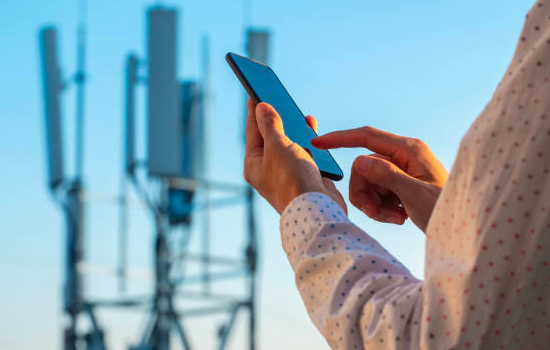
If you want to avoid WiFi networks and their inherent insecurities, use mobile data. It can cost you money, but if you are making financial transactions, or just looking at your PayPal balance it will protect your credentials and stop others hacking into your bank accounts.
Be aware
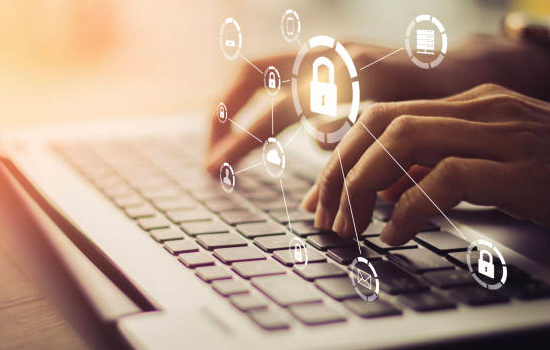
Not all threats are electronic. If you are standing in a queue or in a crowded public place, someone can look over your shoulder and easily read what you display or type in. The thief hopes that you are distracted by concentrating on what you are doing, and don’t notice them. Be careful about what you do, and where you do it.
Allied to that one is the slightly more technical one of hiding your network. Most smart devices, especially phones, can act as network hotspots even if you don’t specifically set them up as such, and are visible to other devices. You can often see them when doing a network search.
At the very least have a strong password for a connection to your own network. You need to technically, “Hide your network SSID”. Say yes to the option not to broadcast that your device is network capable. If your network is visible and open, hackers can plug into your network and steal your bandwidth.
Encryption

Encryption is a must-have.
Basically, encryption scrambles the traffic between you and your destination, perhaps a website, email server or Zoom client. That prevents snoopers from eavesdropping on the traffic between the two and extracting sensitive information. They can steal sensitive data like financial credentials.
Hackers also use software to analyse traffic and extract information from it. Encrypted information cannot be unscrambled.
That means that you should never go to unencrypted sites, only those with an https:// prefix. If you want to make sure that your connections are always encrypted, use a VPN app.
Fake WiFI Networks
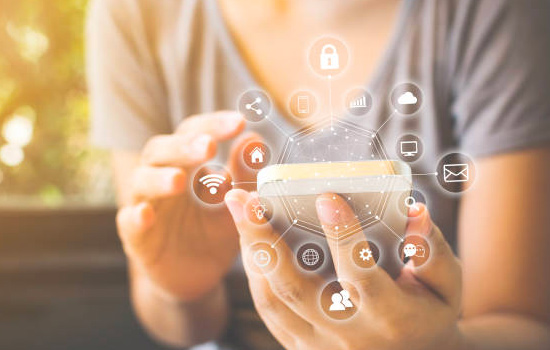
Two things here. Be careful about the networks you connect to, and don’t do it automatically. Read the network name carefully. It is now easy, and not technically difficult to set up a fake wireless network that looks like the real one.
The name can be nearly the same as the WiFi network at an airport, restaurant or coffee shop, or hotel. If you can log onto the network, and it is usually quite easy to do that, the hacker can see and record everything you do. They can steal user credentials for your websites, for example, your bank app, or log into your email to find and steal confidential information. That is a major breach in online security.
Public File Repositories
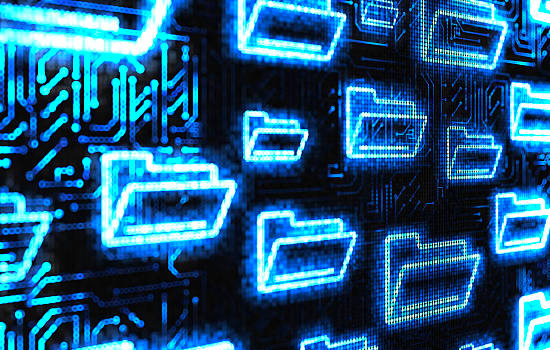
Internet-based file storage like OneDrive, Google Drive and DropBox are now in wide use. Remote workers use them as storage bins to send and receive information from head office. That is all fine until your credentials to the storage are compromised. You could be relying on the WiFi network security and doing so can be a big risk.
Two particular risks. If you are storing confidential information, then that can leak into the public domain or be used to make a ransom demand. A second risk is that spoof documents infected with malware could be inserted into storage.
In general, file sharing over unsecured networks is extremely risky.
Other Things to Do
Use only encrypted networks
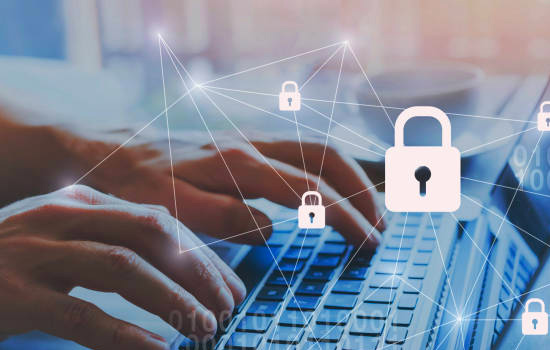
As discussed above, encrypted networks are the way to go to reduce threats. Have a look at the encryption standard being used. WEP and WPA, despite being called encryption, are easily hacked. You need WPA2
Use a VPN
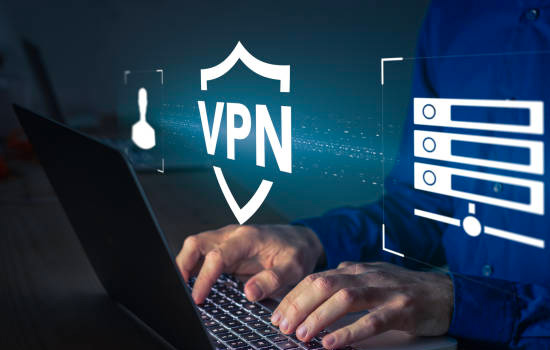
Simply put, a VPN hides your device address and encrypts your network traffic. While the first can have benefits, the second is very important, because even if a hacker can monitor your traffic, it can’t be decoded.
It has additional benefits in that if a public WiFi network is breached b y hackers, VPN traffic is still secure.
Antivirus/malware protection
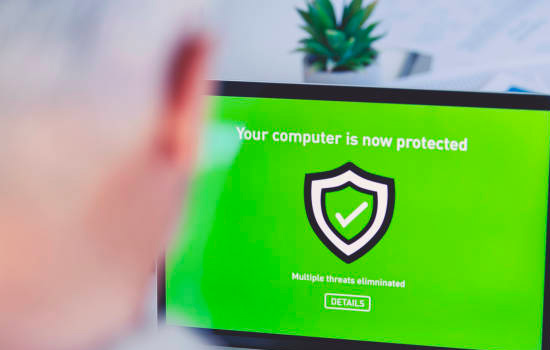
It goes without saying that antivirus software is a must on your device, but you would be surprised about how many devises do not have it. Public WiFi has the potential to be heavily infected with malware.
Overall, Public WiFi can be of great benefit to the remote worker, the casual surfer and people suffering from power outages. It needs to be used with care, and these suggestions will go some way to securing it’s use.
